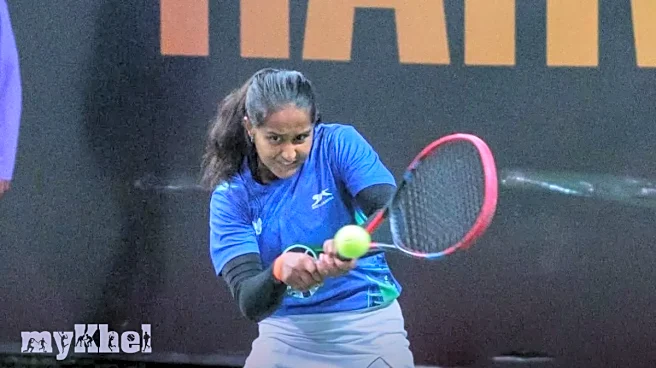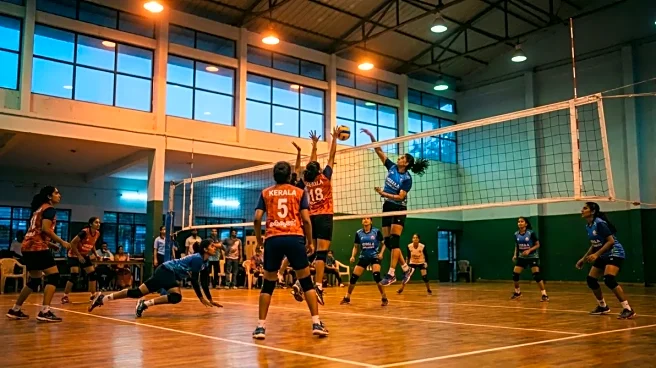In a major win, India has claimed three new titles in the Guinness World Records, all thanks to the nationwide women-and-family health drive Swasth Nari, Sashakt Parivar Abhiyaan (SNSPA). The campaign,
steered by the Ministry of Health and Family Welfare and launched by Prime Minister Narendra Modi, ran from September 17, 2025 to October 2, 2025, timed with the national Poshan Maah (Nutrition Month).The records set are:
- The most people registering on a healthcare platform in a single month, i.e., over 3.21 crore users.
- The most registrations for online breast-cancer screening in one week, i.e., more than 9.94 lakh participants.
- The most people registering for online vital-sign screening in one week at the state-level, i.e., over 1.25 lakh individuals.
Beyond these headline numbers, the campaign delivered impressive outreach and service delivery. Across all districts, nearly 19.7 lakh health camps were organised, with more than 11 crore people engaging in health-platform activities nationwide. Screening and service metrics included around 1.78 crore hypertension checks, 1.73 crore diabetes screenings, 69.5 lakh oral-cancer screenings, 62.6 lakh antenatal check-ups, 1.43 crore vaccine doses, and 1.51 crore anaemia tests. On the community-mobilisation side, the effort spanned more than 5 lakh Panchayati Raj members, over 1.14 crore school and college students, 94 lakh self-help-group members and 5 lakh participants from other community platforms.Prime Minister Modi described the campaign as more than a health drive: “Our mothers and sisters, our women power, are the foundation of our nation’s progress. If a mother is healthy, the whole family stays healthy.” Health Minister J P Nadda called the achievement a “record-breaking milestone for women’s health”.
The most important part of why all this matters is that the SNSPA campaign signals a strategic shift in the thought process of the country. Its citizens are now leveraging digital registrations, screening platforms and mass mobilisation that delivers healthcare at scale and is especially focused on women, children and adolescent girls. The scale, width and speed at with this outreach has been carried out underlines how modern health drives are being added into large scale public programmed and not just as isolated interventions. In conclusion, India’s achievement of three Guinness World Records under SNSPA reflects both a symbolic and practical triumph: symbolic in setting global-recognition benchmarks; practical in deploying unprecedented levels of screening, registration and community engagement in a cohort historically underserved in preventive health. As India moves ahead, the record titles may well serve as springboards to deeper, enduring health gains for women and families.

/images/ppid_a911dc6a-image-176206523494293792.webp)












/images/ppid_59c68470-image-177083253119523769.webp)
